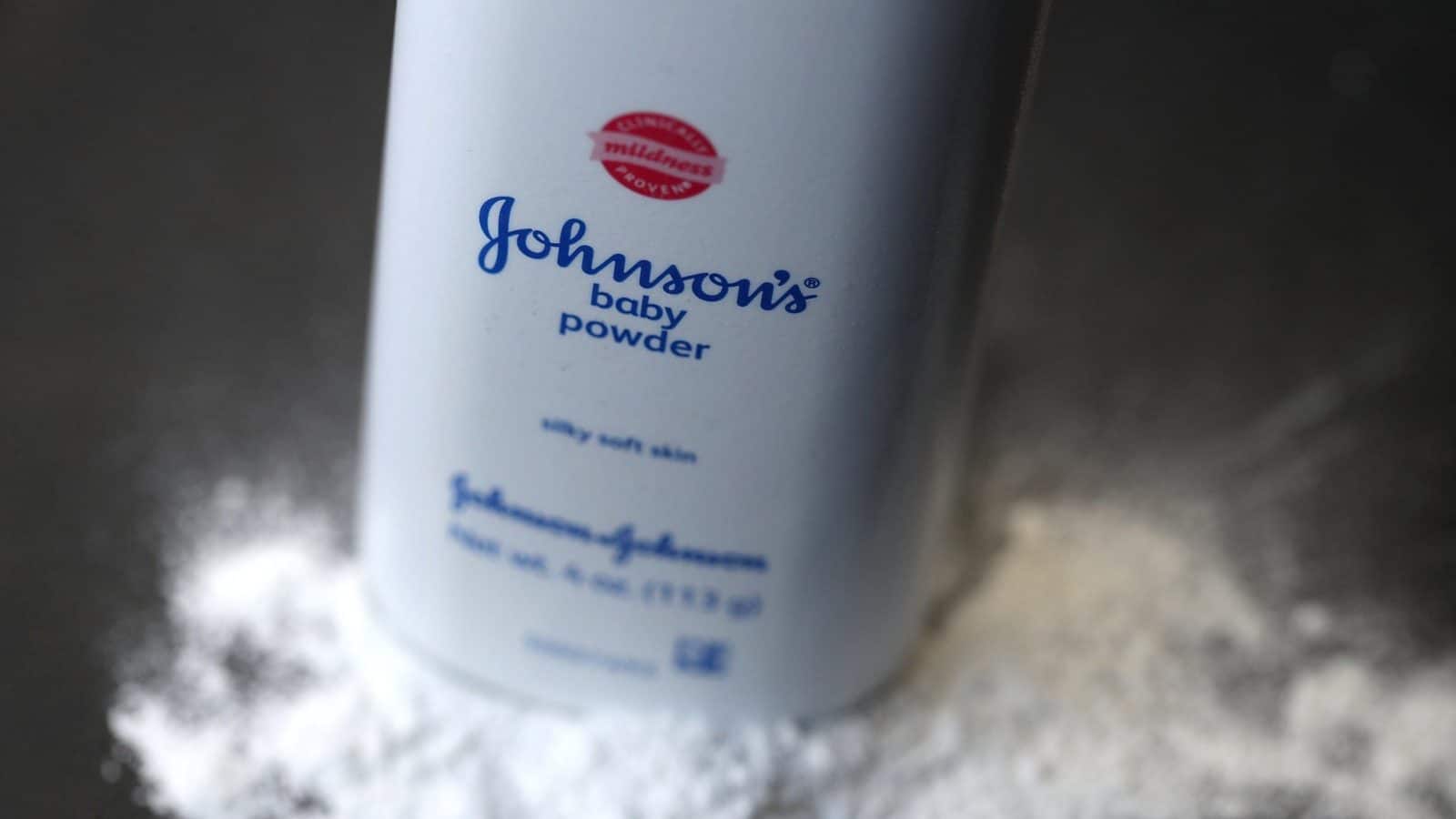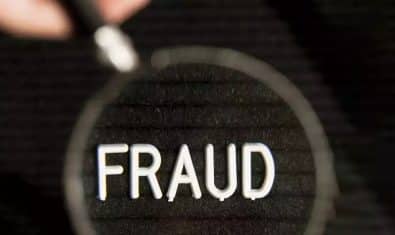Johnson & Johnson has been ordered to pay $2.1 billion in damages over claims that their products cause cancer. A US court ruled that the pharmaceutical giant’s talcum powder products ended up causing ovarian cancer.
The decision by the Missouri Court of Appeals cut by more than half the $4.4 billion a jury had awarded 22 people in 2018. The court agreed that some of the plaintiffs should not have been included in the case as they were from outside the state.
However, now the court has announced the decision to upheld the awarding of damages for the company “knowingly selling products that contained asbestos to consumers.”
The judgment said,
Because defendants are large, multi-billion-dollar corporations, we believe a large amount of punitive damages is necessary to have an effect in this case. It is impossible to place a monetary value on the physical, mental, and emotional anguish plaintiffs suffered because of their injury caused by defendants.
A spokeswoman for Johnson & Johnson said the company will appeal the decision in the Supreme Court of Missouri.
According to the Wall Street Journal, Johnson & Johnson has faced thousands of lawsuits across the United States alleging it failed to warn consumers of the risk of cancer from asbestos in its talc-based products. Many of the consumers and their survivors claimed its talc products caused cancer due to contamination with asbestos, a known carcinogen.
In 2019 a California jury became the latest to award millions in damages to a plaintiff who said the company’s baby powder had given her terminal cancer.
In May, Johnson & Johnson had announced that it was discontinuing the production of its talc-based baby powder in the US and Canada, in part due to the “constant barrage of litigation advertising” over the product.
J&J has faced intense scrutiny of the safety of its baby powder following an investigative report by Reuters in 2018 that found the company knew for decades that asbestos lurked in its talc.






















and what about Pakista? Is the same product in Pakistan have same effects? If yes, why not authorities take action against them.